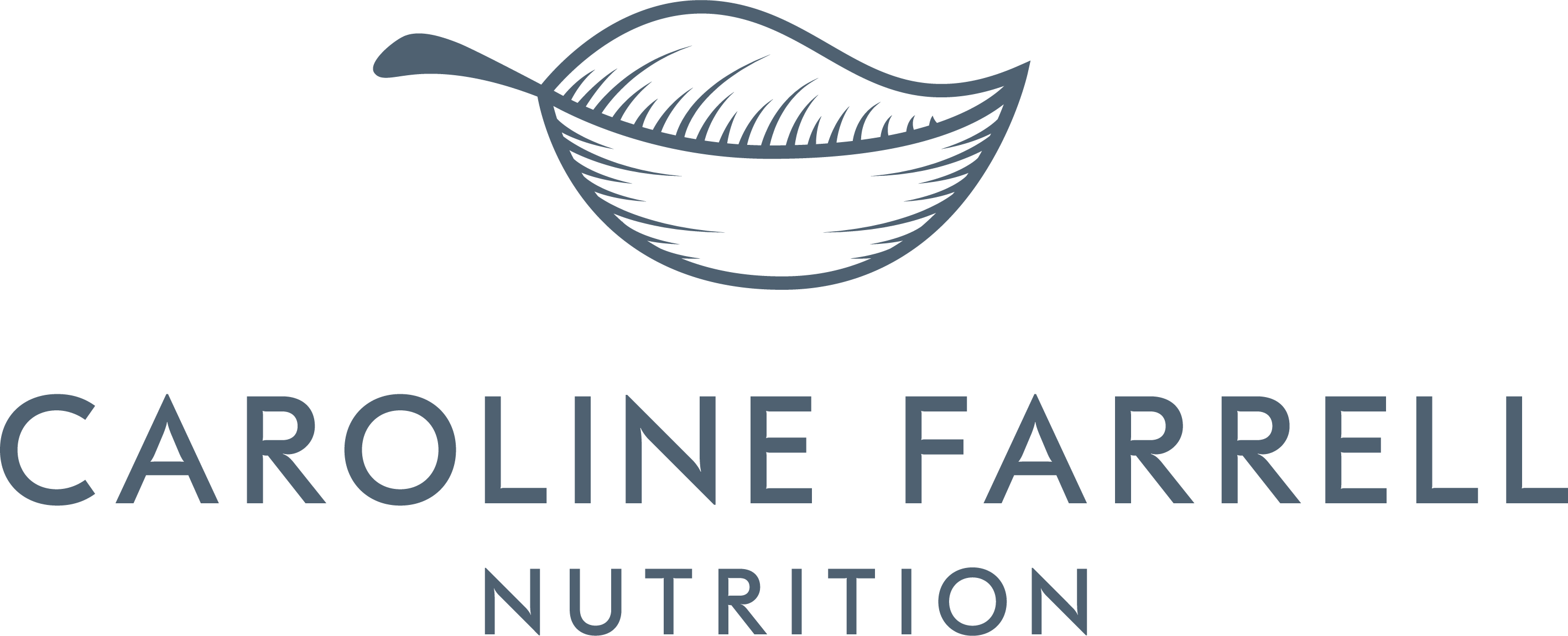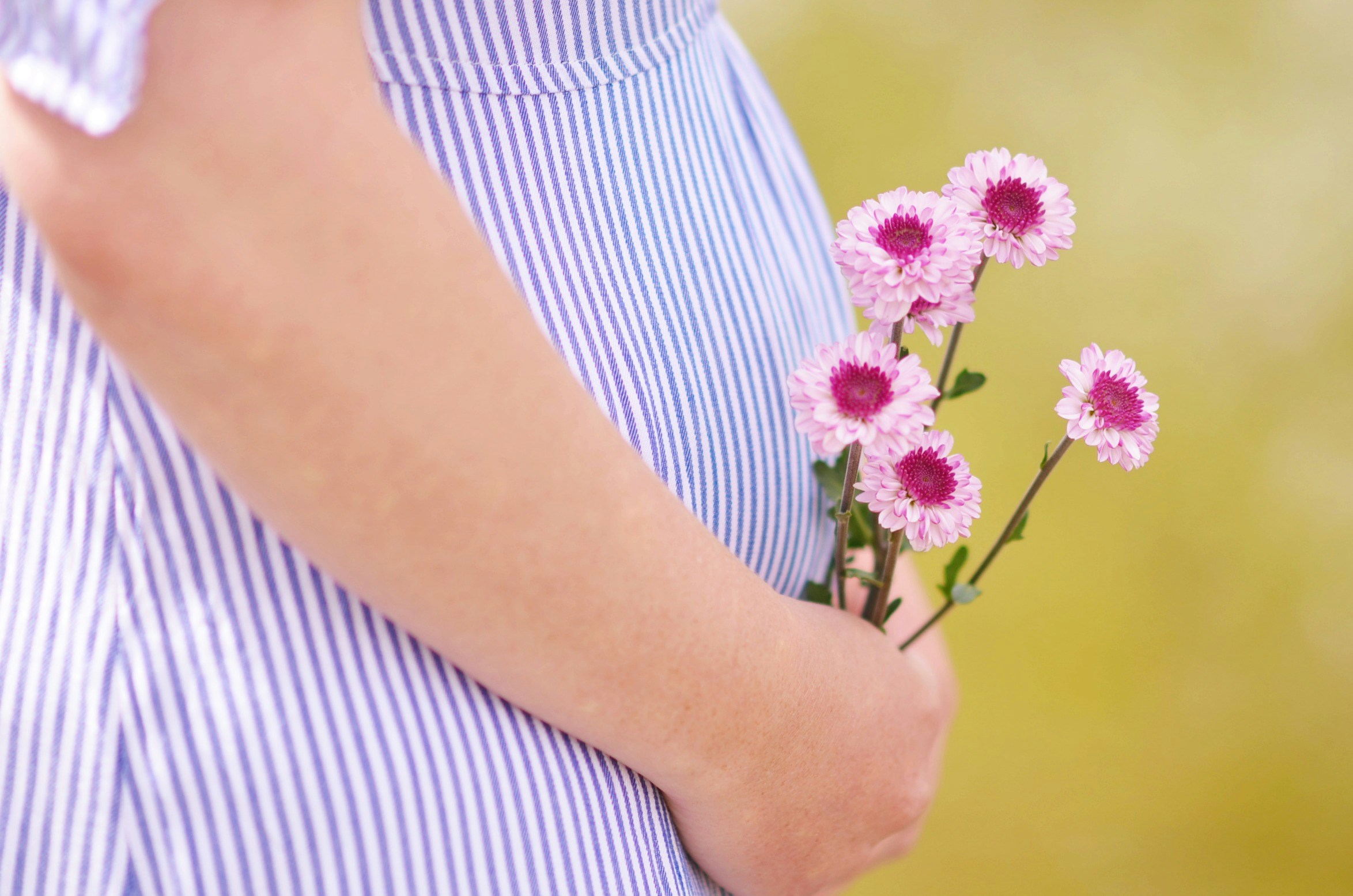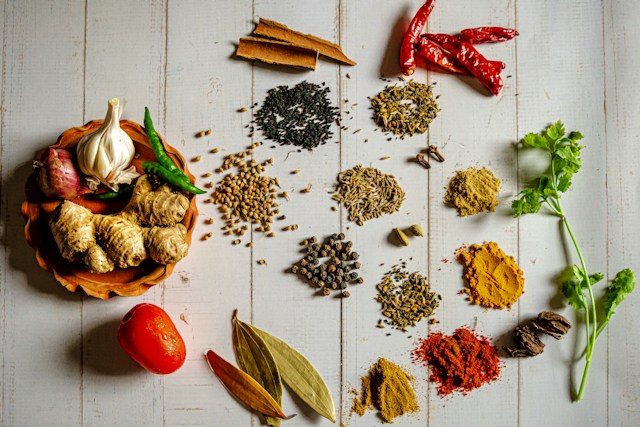About Egg Quality
We are born with a specific number of eggs and this number declines with age. While we cannot control how many eggs we have, we can control the quality of those eggs, which can improve our chance of conception. This is particularly true for those undergoing IVF as high-quality eggs are more likely to develop into an embryo, implant in the uterus and result in a successful pregnancy. It takes approximately three months for the follicles on your ovaries to develop, before one is mature enough to release an egg at ovulation. It is during this period that diet can play a key role in supporting egg quality.
Foods Which May Support Egg Quality
Antioxidants
Free radicals are natural byproducts of various metabolic processes in the body. We are also exposed to them through external factors such as exposure to pollution, radiation, and certain chemicals. They can cause damage to the DNA within the eggs. Dietary antioxidants can help neutralise free radicals and have been associated with a better fertility outcome. Fruit, vegetables, nuts, seeds, herbs, and spices all contain antioxidants. Some especially beneficial sources for egg quality include:
- Berries: All berries are rich in antioxidants, which may support egg quality. Blueberries are especially beneficial as they contain anthocyanins which help to maintain the lining of your uterus and may help a fertilized embryo to implant into the uterine wall.
- Herbs and Spices: Try turmeric, ginger, garlic chili peppers, basil, cinnamon, rosemary, thyme. Use liberally in your cooking.
- Brazil nuts: Brazil nuts contain the antioxidant selenium. Low levels of selenium have been associated with birth defects and miscarriages. Aim for 2-3 brazil nuts each day.
- Green tea: Green tea is rich in antioxidants. One study found that women who drank at least ½ cup of tea every day were twice as likely to conceive as women who never drank tea. This may be due to the hypoxanthine in tea which might be necessary for the follicular fluid that helps eggs mature and get ready for fertilization. Also, the powerful antioxidant polyphenols in tea might help prevent the chromosomal abnormalities that can cause an embryo to miscarry or fail to implant. Aim for 1 cup a day.
- Dark Chocolate: Dark chocolate has been associated with a reduced risk of miscarriage. Opt for 90% cocoa and limit yourself to two squares a day.
Protein
Omega 3
Omega 3 may support cell membrane health and may positively impact egg quality. Good plant sources protein include walnuts, pumpkin seeds, hemp seeds, chia seeds and ground flaxseeds. Animal sources include oily fish such as salmon, herring, sardines, and fresh tuna, mackerel. The consumption of fish contaminated with polychlorinated biphenyls (PCBs) may reduce the ability of women to conceive. Therefore, try to opt for wild or organic oily fish and avoid swordfish, shark and marlin. Eat no more than two portions of oily fish a week.
Folate
Folate (Vitamin B9) is an antioxidant which plays a key role in DNA synthesis and repair. Studies have found that higher intakes are associated with higher rates of implantation and live births. Good sources include: leafy green vegetables, lentils, and avocados. Everyone trying to conceive is advised to supplement with 400mcg of folic acid. I recommend methylated folate rather than folic acid which is the synthetic form of folate.
Factors Which May Reduce Egg Quality
Pesticides
Pesticides in fruit and vegetables may affect egg quality. Wash fruit and vegetables well and opt for organic when buying those which tend to be higher in pesticides.
Refined Carbohydrates and Sugar
Refined carbohydrates and sugar can negatively affect egg quality. A large study 100,000 nurses found that those who ate more refined carbohydrates were 78% more likely to have fertility problems. Always chose wholegrain starchy carbohydrates (brown rice, quinoa, rye, oats) instead of refined carbohydrates (white bread, white pasta or white rice).
Advanced glycation end-products (AGEs)
AGEs are compounds that form inside the body when sugars attach to protein molecules. There is evidence that the accumulation of AGEs at the level of the ovarian follicle could trigger early ovarian aging. Try to reduce grilled, barbequed, toasted and fried foods and use alternative cooking methods where water is added, such as casseroling, slow cooking, steaming, poaching and microwaving. This does not allow the brown layer to form on foods, which are the AGEs forming. Additionally, using acidic marinades such as lemon juice and vinegar will reduce the formation of AGEs when the foods are cooked.
Artificial Sweeteners
One recent study of women undergoing IVF found that those who had used artificial sweeteners or drank diet drinks (typically high in sugar substitutes) produced poorer eggs and embryos. Chances of an embryo being found to have at least one deformity were increased.
Excess Weight
Excess weight may also contribute to impaired egg development. This may be due to excess inflammation and oxidative stress. Supporting weight loss may therefore have a beneficial affect on egg quality.
Supplements
Several supplements such as CoQ10, Vitamin D, Vitamin E and Vitamin C have been shown to support egg quality. Always consult a Nutritionist before embarking on a supplement programme.
Personalised Fertility Programme
If you would like personalised advice on how to support your egg quality I offer private fertility nutrition consultations to individuals and couples in London and online.




